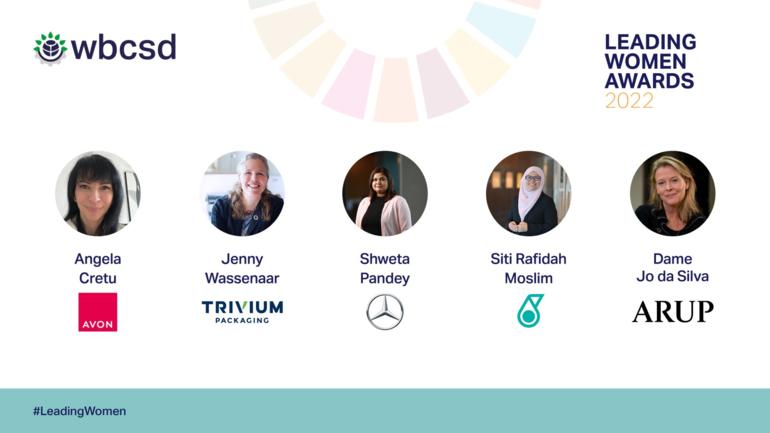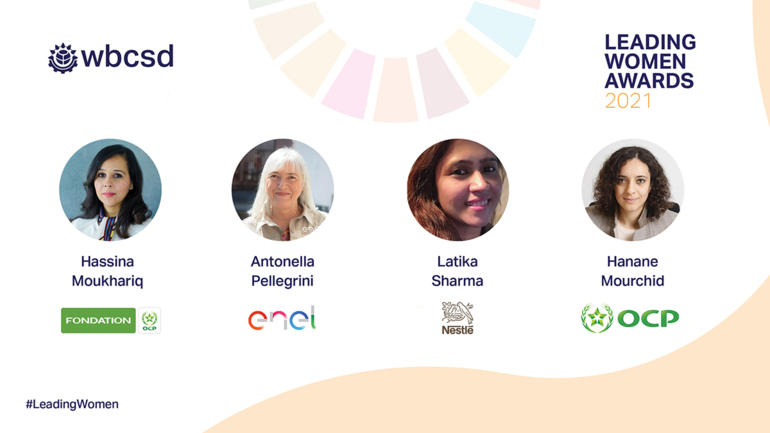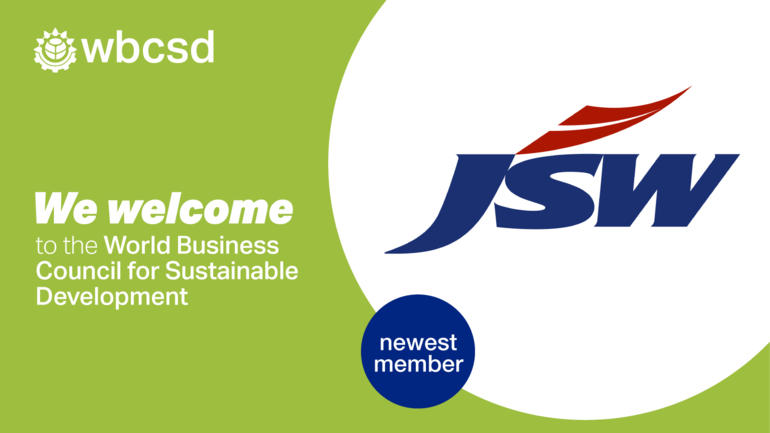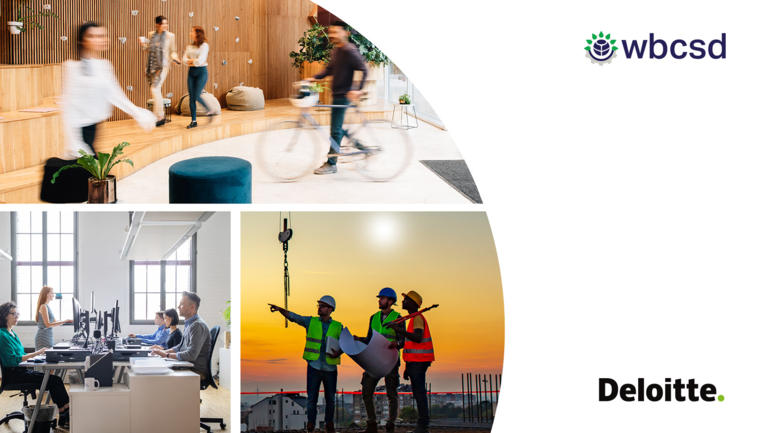New Delhi, 25 June 2019: Major companies from the cement sector and the World Business Council for Sustainable Development (WBCSD) launched today the Indian Cement Sector SDG Roadmap at an event organized by WBCSD and UN Global Compact Network India (UN GCNI) during which Niti Aayog’s CEO Amitabh Kant made a keynote speech.
The UN’s Sustainable Development Goals (SDGs) represent a universal framework that establishes a collective pathway for humanity to achieve prosperity for people and planet on the road to 2030. While governments have universally resolved to implement the SDGs, ultimately the transformative ambitions of these Goals cannot be realized without strong private sector engagement. At the same time, this framework also represents substantial opportunities for business. Companies that position the SDGs as a strategic lens at the core of their operations, will be better placed to unlock potentially historic market opportunities, manage emerging risks and consolidate an enduring license to operate.
However, the ambitions of the SDGs are beyond the reach of any company in isolation; instead they call for coordination and collective efforts from entire industry sectors. In its flagship Better Business Better World report, the Business & Sustainable Development Commission makes a compelling case for companies to come together with sector peers to develop detailed “roadmaps” to guide their industry’s shift to sustainable development in line with the SDGs.
“The ambitious, transformative agenda that the SDGs represent goes beyond business as usual. In particular, realizing the Goals – and unlocking the business opportunities they represent – will require a critical mass of companies to pioneer new forms of collaboration” said Filippo Veglio, Managing Director of the People Program at WBCSD.
The Indian Cement Sector has embraced these recommendations and has launched its SDG Roadmap to explore, articulate and help realize the potential of the sector to contribute to the 2030 Agenda for Sustainable Development through an integrated approach that recognizes material sectoral challenges and opportunities to meet societal needs.
This initiative represents the first country-level roadmap and has been convened by nine leading cement companies: ACC, Ambuja Cement, CRH, Dalmia Cement (Bharat) Limited, Heidelberg Cement Shree Cement, Orient Cement, UltraTech Cement as well as Votorantim Cimentos and partially funded by the Swiss Agency for Development and Cooperation (SDC).
India is the world’s fastest growing major economy and while swift development is creating opportunities, the country faces social and environmental challenges. India’s cement sector, the second largest in the world, has an active role to play in providing solutions and helps support national SDG implementation. What’s more, aligning sectoral priorities with India’s sustainability priorities is important for the success of the sector and for the country.
“I congratulate WBCSD for having convened and supported the effort to create a roadmap on SDG implementation for the cement sector in India. I am certain that this will have far-reaching impact for the sector, the associated value chain, the nation and the world. I hope that other sectors shall follow the example set by the cement industry and work towards creating similar sector-specific roadmaps for their respective operations” said Amitabh Kant, CEO of Niti Aayog. Niti Aayog is a policy think tank of the Government of India, established with the aim to achieve Sustainable Development Goals and to enhance cooperative federalism by fostering the involvement of State Governments of India in the economic policy-making process using a bottom-up approach.
In the development of this Roadmap, the cement sector has implemented the three-step framework described in the WBCSD SDG Sector Roadmap Guidelines. Through this road-mapping process, participating companies and industry associations have established a collective understanding and position on several key factors, including: the sector’s SDG interactions across the cement value chain; key areas where the sector can make the most transformative contributions to the SDGs; and actions that the sector can take to maximize its SDG impact.
India’s success is critical to delivering the SDGs globally and aligning with the country’s sustainability priorities is important for the cement sector’s success. Moving forward the Indian Cement Sector will seek to evolve this roadmap from ambition to implementation, leveraging its full potential to contribute to this critical agenda.








